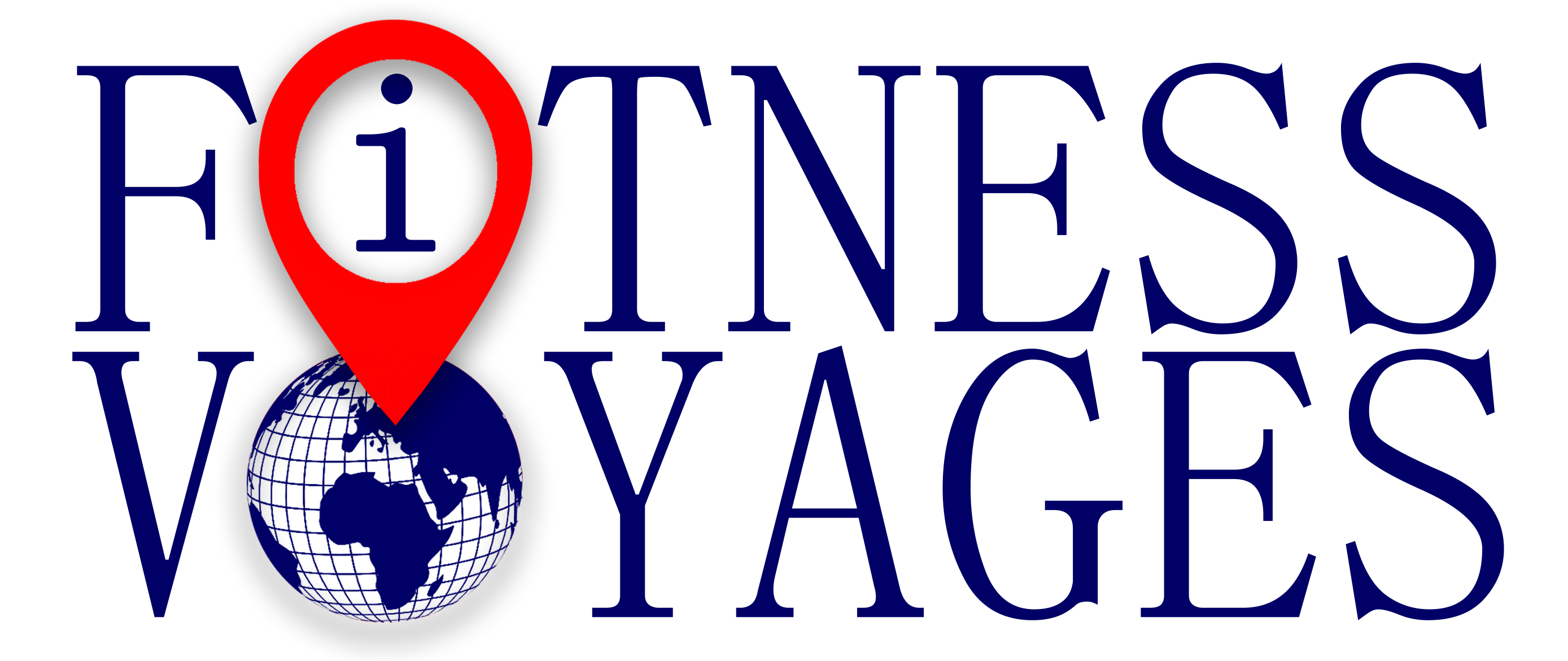
Stress & Therapy are Bad Words
Stress and therapy are two words that often carry negative connotations in our minds. But what if I told you that stress isn’t always the villain, and therapy isn’t something to be feared? Let’s agree that this bad choice of words deserves a closer look, and we can explore how they can actually be allies in promoting our overall well-being.
Stress
First, let’s talk about stress. We often hear about the harmful effects of stress on our health, and chronic stress can indeed take a toll on our bodies and minds. However, not all stress is bad. In fact, there’s such a thing as good stress, known as eustress. Eustress is the kind of stress that motivates us, challenges us, and ultimately helps us grow and learn.
Think about it: when you’re faced with a deadline or a challenging project, you may feel stressed, but that stress also pushes you to work harder, think more creatively, and ultimately achieve your goals. That’s the power of eustress. Our brains need a certain amount of stress to function optimally and promote neuroplasticity, the brain’s ability to adapt and change over time.
Now, let’s explore some examples of good stress and how it promotes neuroplasticity. Learning a new skill, such as playing a musical instrument, trying a new dance move, or speaking a new language, is a perfect example of eustress in action. As you challenge your brain to master something new, you’re strengthening neural connections, improving cognitive function, and enhancing your overall brain health.
Similarly, engaging in physical exercise is a form of eustress that not only benefits our bodies but also our brains. When we push ourselves during a workout, our brains release neurotransmitters like dopamine and endorphins, which improve mood and boost cognitive function. Plus, regular exercise has been shown to promote the growth of new brain cells, leading to improved memory and learning abilities.

Therapy
For many people, the word “therapy” can evoke feelings of fear, shame, or embarrassment. But therapy isn’t something to be ashamed of—it’s something to be embraced as a tool for growth and healing. Therapy comes in many forms, from traditional talk therapy to alternative modalities like art therapy, music therapy, and even nature therapy.
The goal of therapy is to help individuals improve their physical, emotional, and spiritual well-being by addressing underlying issues, developing coping skills, and fostering self-awareness and resilience. Therapy provides a safe and supportive space for individuals to explore their thoughts, feelings, and experiences without judgment.
It’s important to remember that seeking therapy doesn’t mean there’s something wrong with you—it means you’re taking proactive steps to prioritize your mental health and overall well-being. Just as we visit a doctor for physical ailments, therapy is a form of self-care that addresses the health of our minds and emotions.
So, let’s reframe our perspective on stress and therapy. Instead of viewing them as negative or intimidating and harmful, let’s see them as opportunities for growth, resilience, and self-discovery. Embracing stress as a catalyst for growth and seeking therapy as a tool for healing are powerful steps toward living a happier, healthier, and more fulfilling life. Remember, you’re not alone on this journey—there’s help and support available every step of the way.
More on this topic and for helpful tips check out this Podcast Stress Therapy: Meditation, Stress Relief, Healthy Habits, Spirituality, Mental Health, Self-Care, Self-Help, Happiness, Mindfulness





